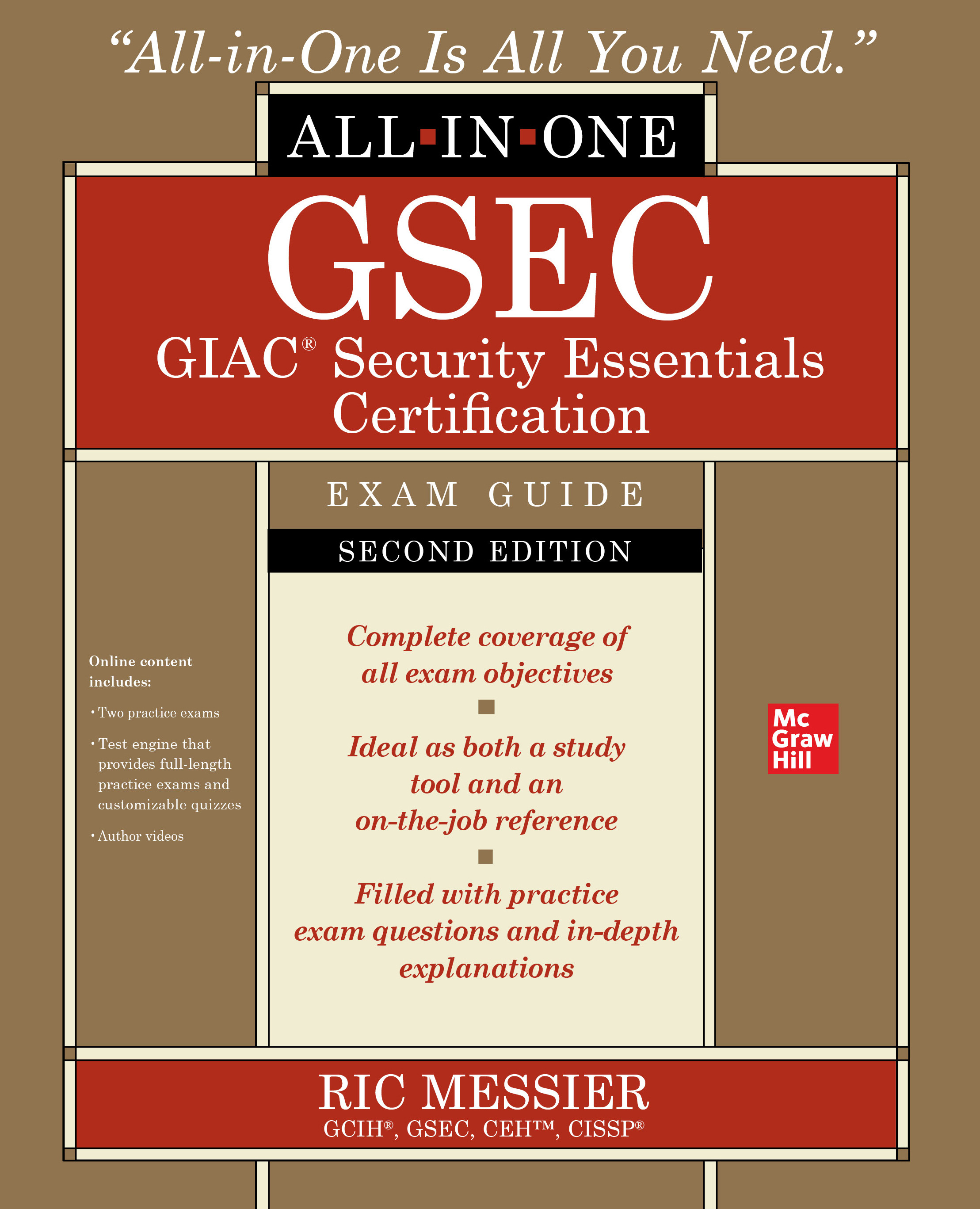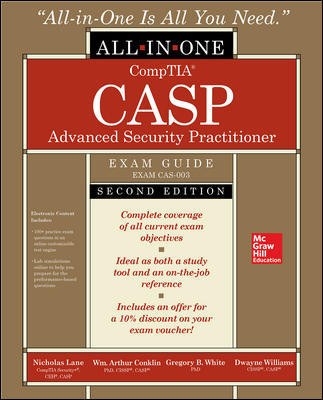The once crisp line between the black and white of security dealer and systems integrator is definitely more blurry, and the question begs to be asked — Is there even a line anymore?
One of the most important things I do every time I go to New York is visit a deli and buy black & white cookies to bring home to my teenagers. Of course, I can get them in my own home town — but they’re not the same as a New York black & white. The contrast in colors and flavors is crisper, more defined.
There used to be such crisp definition, too, between distinct groups of businesses in the security channel — traditionally known as security dealers and systems integrators. A security dealer sold and installed “burglar alarm systems” and billed the subscriber for monitoring. A systems integrator sold expansive, high-dollar “CCTV” or access control systems and executed them as projects. RMR was generally not part of an integrator’s vocabulary. Neither definition accurately fits the way the channel approaches the market anymore, and the distinct black-and-white channel segments are gradually melding into many tones of gray — and have been for years.
Listen, for example, to Nashville-based ADS Security — a traditional burglar alarm company listed on the SDM 100 for many years. When asked what had been their most significant accomplishment in 2010, they answered: “The successful rollout of new offerings beyond the traditional burglar and fire business, with substantial sales of managed video systems.”
Now listen to Niscayah, a traditional systems integrator ranked on SDM’s Top Systems Integrators Report for many years. Last month Niscayah made a press announcement introducing its InSight 24/7, a “secure, more profitable video hosting program…designed to enhance security dealers’ recurring monthly revenue (RMR). Through InSight 24/7, dealers can offer their customers and prospects secure video surveillance with or without a video appliance storage device. Video can be viewed from anywhere in the world, anytime, via the Internet — with no special software required.”
Does ADS Security sell, engineer and project manage large-scale integrated systems? Yes, in fact, both non-residential and residential.
Does Niscayah operate a central monitoring station and count 20,000 subscriber accounts? Yes.
The once crisp line between black and white is definitely more blurry, and the question begs to be asked — Is there even a line anymore?
The economic climate of the past several years has forced security channel companies into new and different markets. When the housing market collapsed, many residential alarm companies turned to small and mid-sized commercial markets and took on increasingly more complex integrated systems solutions in order to stay alive. Others, such as the former APX Alarm (now rebranded as Vivint) kept their focus on residential, but with a twist — a bundled package with energy management and security. When large businesses began to slow or halt security spending, systems integrators felt the sharp bite of slow-paying customers, or worse, customer bankruptcies that resulted in no payments at all. Many looked longingly at security dealerships with their RMR nest eggs. If sales had ceased, at least there was a reliable stream of revenue to continue to pay expenses and salaries.
The factors at work in the market accelerated these trends until it became time for SDM to act upon them by opening up the SDM 100 to all security companies billing recurring monthly revenue — whether that company was traditionally known as a systems integrator or a security dealer. You’ll find in this year’s annual SDM 100 companies such as Niscayah, Kastle Systems, Ingersoll Rand (systems integration division), Intertech Security and Idesco Corp., among others — ranked for the first time by their recurring monthly revenue earned not only from service contracts, but from monitoring.
It’s a new era in the security channel; maybe not as black and white as it once was, but that’s a good thing.










